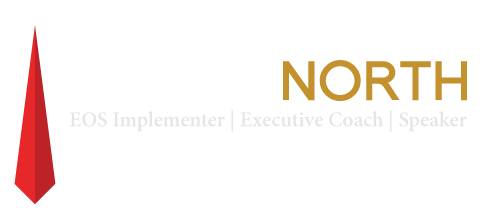What does mindfulness have to do with personal or leadership success?
There are many important leadership qualities and Mindfulness is becoming a more and more of a requisite. What is Mindfulness?
– James Baraz
The extensive benefits of mindfulness training for your mind, body and spirit are amazing. It wasn’t many years ago when an executive said, “Why would I ever want to run if I wasn’t playing a sport or a game?” Now, most executives recognize the many mind/body benefits from physical activity. Have you noticed the mindset change in you? Others?
Executives today often say, “I don’t have time to slow down and quiet my mind”. Have you said something similar? Have you heard others make this type of statement? The current trend seems to be that the importance of training your mind will follow a similar course to the importance of training your body. World-class athletes have been training their minds as well as their bodies for decades; they understand how critical having the right thoughts and emotions are to their competitive success.
Benefits of mindfulness
Here are some of the benefits of mindfulness training:
- Decreased stress
- Decreased anxiety
- Decreased worry
- Decreased emotional reactivity
- Decreased depression
- Decreased blood pressure
- Decreased chronic pain
- Increased focus
- Increased ability to handle distractions
- Increased empathy
- Improved immune system functions
- Improved digestive functions
- Improved working memory
- Improved problem solving and decision-making
- Improved quality of sleep
According to Scientific American Mind (April 2013), Mindfulness can positively impact your mood, hone your focus and improve your health. What’s the value to you to have all of these?
Biology of mindfulness.
Research shows that one of the changes with the development of mindfulness is it decreases the release of cortisol, often referred to as the stress hormone. Lower levels of cortisol help create feelings of relaxation, contentment and inner peace. Mindfulness also allows you to be happier. When you are stressed and have released high levels of cortisol, the use of the most advanced part of your brain, the prefrontal cortex, is either minimized or blocked.
Harvard Business School understands being a mindful leader is an important leadership quality and teaches mindfulness. Many of our highly respected leaders have been developing mindfulness for years, because being mindful is powerful. Nelson Mandela is a great example of mindful power. This gives me hope, the more mindful our global leaders, the better chance we have of creating a better future for all.
Mindfulness allows you to connect information from different parts of your mind that you can’t when stressed, making it a coveted leadership quality. The late Steve Jobs, former CEO of Apple was a master of this.
Beginner mindfulness meditation.
If you have never meditated or are a beginning meditator, here is a wonderful, easy way to begin a meditation practice.
Level I – Beginner Breath Relaxation: Transfer your breathing from auto-response to manual control. (From page 60 in my Fearless Leaders book.)
- Choose a place to be alone for your initial practice. A quiet place with few distractions allows you to better focus.
- Sit comfortably. For your initial practice, sit so you can pay full attention to only your breathing. It’s best to sit in a chair, or position that you won’t want to fall asleep in.
- Place your hand on your abdomen. Take a breath in, keeping your chest and abdomen as relaxed as possible, until you see and or feel your hand on your abdomen gently rise as your breath fills the lower part of your lungs.
- You are now in relaxation training. Do a set of eight repetitions. Your only goal is to be fully aware of what it feels like to breathe into the lower part of your lungs and have your abdomen gently rise. That’s your first set of belly breathing.
- Repeat. Do two more sets of eight repetitions. Do your best to keep your focus on your breathing: What does it feel like? What does it sound like? Can you see your hand on your abdomen moving up and down? What do you notice? Has your mind or body slowed down a little?
- Note. When your mind wanders away from paying attention to only your breath (and it will) just gently bring your awareness back to the details of what your breath feels like and sounds like.
Developing mindfulness allows you to be a more creative problem solver and a better decision maker. You will benefit by having a mindfulness practice and becoming more mindful. We all benefit when our leaders become more mindful.
Dr. TC North is an executive and leadership coach and speaker. He is also the co-author of the best selling book, Fearless Leaders. and co-leads mindfulness retreats in Colorado. This post is partially exerted from the Fearless Leaders book.


